- NVRA Raja Meena 2 Junior
- :K GURU RAJESH
- Dasha
- Report Consultation
- Dr. Suresh Chandra Mishra
- UBSPD Publications
- Sumati Samant
- Astrology Books
- J.N.Bhasin
- Tilak Chand Tilak
- Muthireddy Prabhakar
- B Hariharan
- Marriage Astrology
- Birth Time Rectification
- Crystal
- Dr. Rudra Dev Tripathi
- Dr. K S Charak
- Prakhya art printers pvt.ltd.
- Jaimini Astrology
- Mundane Astrology
- Iranganti Rangacharya
- BigNote Publications
- Vijaya Kumar
- Dr. K S. Charak
- Consultation by Sunil John
- O.P.VERMA
- Vani Publications
- KSR Prasad
- Children And Astrology
- Panchang
- Astrology Webinar
- Niroge Duniya
- ;Jay Yadav
- Medical Astrology
- Shizuko Yamamoto
- Ramesh Vaish
- J K Sethi Rohit Sethi Chetan Sethi
- Bhrighu Astrology
- Vastu Consultation
- Surya Kanti Tripathi
- Anantha Sharma
- Authors
- ABHINAV MISHRA
- RAMESHWAR CHANDRA SHASTRI
- DR. CHANDRAMOHAN JHA
- Shivesh Prasad Mishra
- Vikash Sharma
- Mridula Trivedi
- N E MUTHUSWAMY
- Brahamananda Tripathi
- V.P. GOEL
- Meenakshi Priyadarshini
- ASHISH GUJRAL
- Pradeep Bhushan Goel
- Pawan Ballabh Thapliyal
- Dharmadatt Vaidh
- Amadea Morningstar
- Heinrich Zimmer
- GOPAL SHARMA
- PT. TARACHANDRA
- RAM LAL SHAH
- C. H. Asrani
- HARISH JOHARI
- Shristi Sahoo
- Partha Sarathi Rout
- SHRI RADHARAMAN 'SUMAN
- Tilak Chand Tilak
- DR. NEERAJ PANDEY 'DADA'
- Deepak Bisaria
- Dr. Challa Somasundaram
- Howard Beckman
- Lalitha V
- Kunwarlal Jain
- Z. Ansari
- V. S. KALYANRAMAN
- Satish K. Navathe
- Jagannath Bhasin
- JATINDER PAL SINGH SANDHU
- LAXMI KANT VASHISTH
- Dr. Uday Kant Misra
- Acharya Bhawna Bhatiya
- GAYATRI DEVI VASUDEV
- Shalila Sharamon
- Gopal Das Neeraj
- John E. Coleman
- RAMESHWAR BHATTA
- Vijaya Kumar
- Bukkyo Dendo Kyonkai
- SHRI RAMCHANDR
- Rakesh Soni
- Pandit Pannalal Jyotishi
- Siddhayogi Sivadasan Ravi
- PT. LASHANLAL JHA
- K.P. KRISHMAN’S
- Thich Nhat Hanh
- Dr. Rajbeer Singh
- Shri Ram Gopal Goswami ji
- N. CHIDAMBARAMIYER
- KUSUM VASHIST
- Hemant Kumar Sharma
- Dr. Revathi Vee Kumar
- Deepak Bhardwaj
- M.K. AGARWAL
- DR. SHANKER ADAWAL
- VASANT LAD
- Vivekshri Kaushik Vishvamitra
- MOHAN BHAI D. PATEL
- Dr. N.H.Sahasrabuddhe
- BANSI PANDIT
- Bryson
- Sawan
- Idea Baba
- Durga Prasad Shukl
- GIRIJASHANKAR SHASTRI
- Dr. Amar Aggarwal
- Dr Amar Agarwal
- G.V. Prabhakara Murthyc
- T.P Trivedi
- Dr E S Neelakantan
- Shri Vindheshwari Prasad Dwivedi
- Joni Patry
- Ashwini Baqaya
- Naval Singh
- ASHOK BHATIA
- S.S Dahiya
- Samprasad Vinod
- ATREYA
- Joseph Campbell
- SEVARAM JAIPURIA
- SHRI KASHIRAM
- BINOD KUMAR JOSHI
- Ramesh Vash
- B.K.S. Iyenger
- S. Prakash
- Shri Bhagavatananda Guru
- MANDAN SUTRADHAR
- Rajendar Menen
- MAHARSHI YATINDRA
- PROF. MRIDULA TRIPATHI
- Tirpur S. Gopalkrishnan
- Onkar Lal Sharma `pramad`
- Pandit Shri Kamlakant Thakur
- Madhav Janardan Ratate
- U.K JHA
- DR. N. RAMAMURTHY
- E. S. B. R. MISHRA
- LR Chawdhri
- M. H. K. Shastri
- Baby Krishna
- RUDRADEVI TRIPATHI
- David Frawley
- JAMES T. GLOVER
- Rajbali Pandey
- E Rameshwar Prasad
- JWALA PRASAD MISHRA
- Paramahansa Yogananda
- M. ANJANEYULU
- BIJOYLAXMI HOTA
- P. MAHIDHAR SHARMA
- K Hariharan
- Sri M.P. Shanmugam
- Mahrishi Bhrigu
- Sudhir Kove
- SHRIKRISHNA 'JUGNU
- p khurran
- Dr M.H.K. Shastri
- Pt. Ramjilal Gaur
- Alan Leo
- Sita Ram Singh
- Shrimdhukanta Jha
- Rajbir Singh
- Hemant Thakorbhai Bhatt
- Indrodeep Banerjee
- P. L. KHUSHU
- RAMA KRISHNA GOYAL
- Sunil V. Joshi
- PT. KRISHAN ASHANT
- Kaulacharya Jagdishanand Tirth
- anhavi N. Sahasrabuddhe
- Hart De Fouw
- R. D. MAHATME
- RAMESH CHANDRA SHRIVASTAVA
- C. M. Srivastava
- Mohan Kumar Kashyap
- DA Negandhi
- S S Gola
- KSR Prasad
- DR. NARESH JHA
- Dr. Brijbihari Nigam
- Girish Chandra Joshi
- Dr. A. V. Mohandas
- Neelam Gupta
- Ramesh Kumar
- H.K Thite
- K.C Vats
- PT. MUKUNDVALLABH MISHRA
- E.d. Perrone
- AMRITA PRITAM
- Nishantketu
- ISHWARI PRASAD PANDEY
- GEETA JOSHI
- Guneeta Dhingra
- APARNAA N RAJE
- U Suman Lathaa Metha
- MATRI PRASAD PANDEY
- A.R.Hari
- VAIDYA MOOLCHAND BHARDWAJ
- Padmanabha Sharma
- Rekhaa Kale
- R.N. Vyas
- Prabodhchandra Madhukar
- Chandrashekhar Mishra
- Pandit Shivprasad Sharma
- K N RAO
- B. Hariharan
- DR. V.P. SHUKLA
- PT. LASANALAL JHA
- Bepin Behari
- Pramod Kothari
- SURYA NARYANA VYAS
- ANURAG MATHUR
- Vasudeo Govind Apte
- R. Verma
- J. Sithamparanathan
- PT. BASTIRAMJI
- Vaidya Suresh Chaturvedi
- Dr S.R Jindal
- DINA NATH
- Pdt. Gyankunsh Kaushik Ji
- Dr. Nimai Banerjee
- Shri Vishnu K Acharya
- H.A. Padmini
- Vivekshri Kaushik Vishavamitra
- Sharad C. Joshi
- O.P. Verma
- M G Kastwar
- Shailja Pandey
- Deepak Kapoor
- SAMPATH KUMAR MEDAVARAPU
- ER. P.L. KHUSHU
- Charubel
- K.S. RAMAKRISHNA AIYAR
- PARMANAND SHARMA
- Light Miller
- R. K. Madhukar
- Mahesh Dutt Sharma
- PT. SHRI RAVIDATTA
- Peter Newton
- Amit Abraham
- NAVNEET KAUSHIK
- Paul Bruntan
- Pramod Sagar
- SHANKAR BHAROSA JHA
- Prem Dixit
- MAHAYOGI PILOT BABA
- Dr. Gauri Shankar Kapoor
- Pandit_sri_achyutananda_jha
- Dr.K.GURU RAJESH
- Birendra Nautiyal
- A V Mohandas
- Kanta Gupta
- C.A. SUBRAMANIA AIYAR
- S K DUGGAL
- Dr. Hanif Khan Shastri
- ADAMUIR
- Vishnu Dass
- Dennis M. Harness
- B.D. Sharma
- PT. SHALAGRAM JYOTISH
- SRI BHARATI KRSNA TIRTHAJI MAHARAJA
- Rajiv Sachdev
- Upendra Dhakre
- Himanshu Shangari
- JAYANTA BHAUMIK
- DR. DURGADUTT MISHRA
- ACHARYA VIJAY ANAND 'LOHAT'
- Lokmani Dahal
- Anantha Sharma
- Atul Sehgal
- Om Swami
- Shri Datta Raj
- N. Singh Dahiya
- DR. SATISH CHANDAR AGARWAL
- K. GURU RAJESH
- Diwakar Shastri
- Shalini Dhasmana
- Dr. Sou. Achala Bhimsenkulkarni
- Mohan Srinivasan
- WILLIAM GEORGE BENHAM
- Bruno Dagens
- C. E. Lindgren
- Grehlakshmi
- Niketan Anand Gaur
- Pt. Ram Swarup Shastri
- SOUMYA KUMAR
- Umesh Pandey
- SHRI SHYAMSUNDAR
- K. SUBRAMANIAM
- kaali Pandit
- Shiraz
- SHRI YUTARAMA SHARMA
- Devdatt Patt
- Govind Shashtri
- Gavin
- Manik Chand Jain
- PT. GANGA PRASAD
- C.J. Krishnaswami
- Amanish Kumar
- MAHAN VIR TULLI
- Shiv Raj Sharma
- Rachna Bhola
- SHAILENDRA SHARMA
- Bryan Miller
- HARISH CHANDRA GAUTAM
- B.B. Paliwal
- JAYANT BURDE
- Dr. Brij Bhushan Goyal
- R. KRISHNA
- Suresh Shrimali
- Dr. K N Saraswathy
- Hemant Bhatt
- SHRI KIRIT 'BHAI JI
- Dr. Gaurishankar Kapoor
- A Mahadeva Sastri
- K.K Pathak
- VS Kalyanraman
- S B R mishr
- DINESH S. MATHUR
- QAISER HUSSAIN
- Pt. Venimadhav Goswami
- JUDE C. WILLIAMS
- Shantree Kacera
- Dr.Styapal Duggal
- Frank Arjava Petter
- SHRI RAMSWARUP
- Vandana Singhal
- A B Shukla
- DIMPLE
- A.P. VELAYUDHAN
- Surendra Kumar Patawari
- Raj Kumar Aggarwal
- S.S. CHATTERJEE
- DR. RAMESHWAR PRASAD SHARMA
- SHRI KAMAL KANT SHUKLA
- MADHUSUDAN SHARMA
- Ed. Heron Allen Henry Frith
- Sachchida Nand Mishra
- Piyush jen
- V.P. Jain
- K. NARAYANASWAMI AIYER
- DR. SATYENDRA MISHRA
- Dr. Ravi Rao's
- Dr. Sou. Achala Kulkarni
- Anita Mathur
- TULSI RAM SWAMI
- David Pond
- Vinay Singhal
- SWAMI VENKATESANANDA
- SHRI VANSHIDHARA
- Ashwini Kumar
- Naresh Singal
- Vagaram Parihar
- BALDEV PRASAD MISHRA
- K S Krishnamurti
- Paramhansa Yogananda
- Pt Gopal Dev Gaur Shastri
- Yvonne Frost
- V. S. Sastri
- Akhila Kumar
- JAGDISH RAJ RATRA
- DR. BHOJRAJ DWIVEDI
- BRIJBHUSHAN LAL
- Meta B. Doherty
- P.V.R. RAYUDU
- Mahesh Sharma
- AYODHYA PRASAD SHARMANA
- Hiroshi Motoyama
- RAJEEV JHANJI
- DR. RAJEEV SHARMA
- VAYUNANDAN MISHRA
- B. ARDHANAREESWARAN
- Thilak K.Baskaran
- Kanakkumar B. Bosmia
- SHASHIKANT OAK
- S.D. Udhrayan
- Suhas Dongre
- Acharya Bhaskaranand Lohani
- Dr. M N Muley
- Girija Shankar Shastri
- Neera Sawhney Chopra
- Shri Kapileshwar Shastriana
- R. SANTHANAM
- Maya Gupta
- Irangati Rangacharya
- UMA SHANKAR PALIWAL
- Devkinandan Singh
- Joyce Bueker
- USHA SAXENA
- Bhagwan Dev
- SHYAMLAL
- RONNIE GALE DREYER
- Richard Tunis
- RAKKHI SAMEER
- Madhivanan
- Neela R Gopal
- ACHARYA BHAGWAN SWAROOP VYAS
- DR. D.D. PANSE
- JAYDEEP YADAV
- Wally Krause
- Sun TZU
- Mithalal Himatram Ojha
- Rameshwar Sharma
- Kaushik Majumder
- S.K. Kapoor
- RAMAMURTHY N
- Surakant Jha
- Prakhar Prajnanand Saraswati
- D. P. SAXENA
- M.K VISHWANATH NAYAR
- S.K. Anil
- Ridhhi Kapoor
- SAGE SATYACHARYA
- Jhampa Shaneman
- Rachel Fell Mcdermott
- B.R. Kishore
- VIRENDRA NATH SHARAMA
- SHRI MEGHARAJ
- N. H. Sahasrabudhe
- Bharat Singal
- PT. SUKHANAND MISHRA
- Dr. S.C. Kursija
- MADAN MOHAN JOSHI
- R.P. Birthare
- Narayan Dutt Shrimali
- Srinivasa Sharma
- (JAGJIVANDAS GUPT)
- Marc Edmund Jones
- KARAN K. MAHAJAN
- Dr. Nemani Venkata Raghunatha Rao
- Jitendra Trivedi
- DR. K V PRATAP KUMAR
- Asha Wollmann
- MAHENDER SINGH RANA
- SHARDENDU
- Gopesh kumar Ojha
- Maya Tiwari
- Stephen H. Wolinsky
- Upadhayay Rajni Kant
- Pt. Narayan Prasad Mishra
- Madame La Roux
- Gautami N Sahasrabuddhe
- R.K. Baqaya
- Saket Shah
- Sunita Upadhyay
- BADRI NARAYAN TRIPATHI
- Joan McEevers
- PT. RAMESH DWIVEDI
- Tanya Malhotra
- kirtidutta jha
- Dr. Indra Dev Tripathi
- DR MANOJ KUMAR
- B. SURYANARAIN RAO
- Raj Kumar
- SOHANLAL VAYAS
- Suresh Chandra Mishra
- S.G. KHOT
- S.S SAREEN
- MUKUNDA DAIVAJNA
- L.C. Sharma
- Brajbiharilal Sharma
- Arthur Lytle
- Richard A. jelusich
- Shri Rajani Kant Shastri
- Rama Jyoti Vernon
- Kuldeep Jiwani
- Sonica Krishnan
- SUDHAKAR PUROHIT
- Priti Wonder
- S. Narayan Datt Shree Mali
- YOGESH MALHOTRA
- Somnath
- Michael George Reccia
- Pt. Kanhaiya Lal Mishr
- Sadhguru
- T. GANPATI SHASTRI
- (Pt. Srimatra Prasad Pandey
- S. Ganesh
- M N Muley
- Shivakant Jha
- SHATRUGHAN TRIPATHI
- Prabodh Purohit
- R.G RAO
- K.T. SHUBHAKARAN
- jyotis shirmani
- AMJAD ALI
- Mukund Daivagya
- Kedardutt Joshi
- M. RAMAKRISHNA BHAT
- Manish Verma
- JAIDEVA SINGH
- SHRI CHATURTHI LAL SHARMANA
- J. P. Vaswani
- T S VASAN
- Shri Hanuman Sharma
- Ravinder Nath Prasad Singh
- Nemichandra Shastri
- Vedic Scripture
- RAGHVENDRA SHARMA
- Vraj Vallabh Dwivedi
- Vighnesh Radhakrishna
- Sri Nisargadatta Maharaj
- Dr. Sushil Agarwal
- MAINA BHATNAGAR
- Anuradha Sharda
- R.K. Das
- DINESHCHANDRA NEGANDHI
- Zuisei Yokoyama
- Prash Trivedi
- Dr. E. Saravanan
- Hardev Sharma Trivedi
- Tarashankar Vaidh
- Arastu Prabhakar
- PT. LAXMI NARAYAN
- Franz Benedikter
- Taoshobuddha
- Pinky Kapoor
- Acharya Ashutosh Bhardwaj
- ANIL G
- SHIVDUTT MISHRA SHASTRI
- PT. Rajesh Dixit
- Shri Manishankar Ashutosh Ji
- Rajesh Tiwari
- Shakti Mohan Singh
- Vinod Kumar
- V SUBRAHMANYA SASTRI
- S P Khullar
- Shukdev Chaturvedi
- K.K. JOSHI
- OM PRAKASH PALIWAL
- V. RAJSUSHILA
- Roop Chand Joshi
- Jaidev Vidyalankar
- LATA JAGTIANI
- Radhakrishan Shrimali
- Rajinder Singh
- SHRI SHAMBHU SINGH
- Yaschpaule
- Devdutt Pattanaik
- SUDARSHAN SINGH 'CHAKRA
- Pramendra Srivastava
- BALWYN & JONES
- ASHUTOSH BAJPAI
- Rajendernath Mishra
- V.K Shridhar
- TMJKASHIRAM
- PROF. KAUSHLENDRA PANDEY
- Ramtej Pandey
- Dr. U.S Pulippani
- Maharishi Abhaya Katyayan
- Sri A. V. Sundaram
- GOURI SHANKAR KAPOOR
- N. SRINIVASAN SHASTRY
- V.K.Choudhry
- S. GOPALAKRISHNAN
- GANGA PRASHAD SHASTRI
- STEPHEN ARROYO
- DR. B.B. SAHI
- Kailash Nath Seth
- Dora Van Gelder Kunz
- CHATURTHI LAL PRAKASH
- SRI KRISHNA DAS
- Pradeep Kumar
- GBS SASTRY
- RAVI DATT SHASTRI RAJ VAIDH
- Rajesh Sharma
- NVR Raja
- Challa Soma Sundaram
- PT. SHAKTIMOHAN SHRIMALI
- S.A. Jedi
- Punit Sharma
- Dr. Kiran Manocha
- B. Hymavathi
- Dr. Shankar Dutt Pandey
- C B Narnauli
- Vinayak Bhatt
- Satyamma Bharadwaj
- SHANKER ADAWAL
- Shil Ponde
- Anuj Guliani
- N.S. Dahiya
- B. V. RAMAN
- VAIDY SUBHASH CHANDRA
- Dr. Radheyshyam Mishr 'Paramhans
- Acharya Satyanand
- Pt. Mahidhar
- SVAMI PURNA
- Swami Vidyanand
- Prashant Kapoor
- JAY YADAV
- VIKRAM DIVAKAR
- Sitaram Jha
- Kernel Ashok Kumar Gaur
- Daya Shanker
- Kali Pandit
- Hemant Titirmare
- Subas Rai
- Prof.K.M.PALANIAPPAN
- Vishnu Bhaskar
- N.P. SUBRAMONIA IYER
- Mahamahopadhyaya Iranganti Ranga Charya
- Dr.Kulanand Jha
- K. ASHU RAO
- MANINDER SINGH BATRA
- Ranjan
- Acharaya Mithilesh Gupta
- M. M. Gore
- Babu Lal Thakur
- V.K Sharma
- Robert E. Svoboda
- SHRI SHUKDEV
- P.J.SAHER
- S.N KAPOOR
- P. Khurrana
- DR. SURESH KUMAR SHARMA
- Chanakya Maharishi
- U.C.Mahajan
- SURESH TANWAR
- U.N. Patnaik
- Vinay Kumar Pandey
- RAJ KISHOR VISHAVAKARMA)
- SHRI RAM SHASTRI
- R. C. Dadhwal
- Dr. Shrikant Tiwari
- Ramchandra Pandey
- Govindo Sri RamaMurti Rao
- SIR JOHN WOODROFFE
- Satyendra Mishra
- SHRI ABHAY KATYAYAN
- Shivraj Acharya
- P.S SHASTRI
- GIRISH CHAND SHARMA
- Krishan Rajesh Chaudhary
- N. KALIMUTHU
- TRILOKI NATH
- A.H.W. Sameer
- Christopher S. Hyatt
- Hugh B. Urban
- Jess E. Dines
- AMIT KASHYAP
- J.N. Sharma
- A R Raichur
- Talma Brill
- Dr. Neeraj lalwani
- VISHNU SHARMA
- Dr. R.K. Sharma
- N C Jain
- Ramesh Tanbe
- Satya Shree
- Krishna Kumar
- Sunita Jha
- Harishankar Pathak
- Shri R.K. Das
- Vidhan Pandya
- RAJESH C. DADWAL
- GRACE INGLIS
- SHIV KUMAR CHADHA
- Jay Madan
- PT. KASHINATH SHASTRI
- N. C. PANDA
- DYANAND VERMA
- RAMAL SHASTRI
- PT. RUDRAMANI
- Vaidya Aasiya Rizvi
- N. ANANTHA RAMAN
- DR. BHUWAN MOHAN
- SOUNDAR DIVAKAR
- DYASHANKAR UPADHYAYA
- Pravin S. R. Bhatia
- Seema Verma
- PK Vasudev
- Dr. ramragna Sharma
- Dr. R.P. Upadhyay
- R. Asthana
- P.M. GOPALACHARY
- Achyutanand Jha
- Satyanarayana Naik
- Balmukund Pandey
- G.S. AGGARWAL
- R.S Chillar
- K.B. GOPALAKRISHNAN
- Cheiro
- CHANDRA DUTT PANT
- Bharati Krishna Tirthaji Maharaja
- B.K. Chaturvedi
- Judith Hipskind
- SHRI NANDARAM PANDIT
- Savitri Ramaiah
- Vikaas Budhwaar
- C. P. Arora
- Sarajit Poddar
- Ravi R Naik
- TOM MONTE
- LAKE RAJ DWIVEDI
- Amarchand Kaushik
- Acharya Vivek Kaishik
- Swami Chinmayananda
- VASTIRAM
- Eknath Easwaran
- Ajay Kumar Uttam
- Shri Sarvadev
- Umang Taneja
- A.K Gour
- K. NARAYANAN
- ACHARYA GURU PRASAD GAUD
- Alok Jagawat
- Varahamihira
- SANJAY RATH
- Neerja Taneja
- JAGAT GURU AAGH SHANKARACHARYA
- Lyn Birkbeck
- Susan G. Shumsky
- Kuldeep Saluja
- S. Jason Black
- PT. VISHNU DATTA
- Rajeev Sachdev
- V Raghuraman
- Sunil John
- S Balasundaram
- Acharya Ashok Sahjanand
- Vasudev Sadashiv
- Umesh Prasad Mishra
- Rraghavendra Saatvik
- V.P.Jain
- Pt. Kisanlal Sharma
- Satyadev Sharma
- Nakkirar S.Natarajan
- Dr. Jagannath Rao
- Dr.Shanker Adawal
- Ravindra Kumar
- Murlidhar Chaturvedi
- Anneke Huyser
- NISHA GHAI
- PT. REWASHANKAR
- B.B. PURI
- Nilesh Baxi
- A. KARTHIK
- DR. DEEPAK SINGLA
- SETHUMADHAVAN VENKATRAO
- RAJNARAYAN SHASTRI
- DR. SHYAM PARASHAR
- Manoj Pathak
- Ramkishor Sharma
- Grant Lewi
- SNEH LATA
- Pt. Siyaram Shastri
- Madhavacharya
- M.S. Mehta
- DR. R. NATARAJAN
- CS Patel
- RAMYATAN OJHA
- Harishchandra Vidyalankar
- CHANDER BHALLA
- BENI MADHAV GOSWAMI
- Priya Singh
- Dr Abhimantra
- ASHUTOSH OJHA
- Bodo J. Baginski
- Dayanand Verma
- Dietmar Kraemer
- RAGHUNANDAN SHARMA
- GYOMAYO NAKAMURA
- Satish Sharma
- PREM KUMAR SHARMA
- Khemraj Shri krishnadas
- Santosh Sharma
- HANS DECOZ
- SANJEEV GADHOK
- NAVIKANTA JHA
- Swami Mukundananda
- Sadhvi Vrinda Om
- DR. NARWADESHAWAR TIWARI
- S. N. Khandelwal
- R. SELVAM
- Yogesh Kumar Bansal
- Kamalkant Panday
- Chandrashekher Sharma
- Sage Gargacharya
- SUMEET CHUGH
- N. N. Saha
- Andree Leclerc
- NIMMI ARORA
- USHA LAD
- KAULACHARYA JAGDISH SHARMA
- K. Jaya Sekhar
- Neeraj Gupta
- Prem Bhatia
- P.K. SARNA
- Dr. Radhakrishna Shrimali
- Dinesh Vyas
- Dr. K S Charak
- Palmistry
- Pooja Paath
- Other Useful Books
- authentic rudrakshas
- Vagaram Parihar
- Sarajit Poddar
- Career and Astrology
- Astrology
- Hari OM Gupta
- Shilalekh Publishers
- Yogas In Astrology
- Lal Kitab Consultation
- Rupa Publications
- Thilak Astro Books
- Vyasa Bharathi Publication
- Timing Of Events
- Remedies
- Meditation and yoga
- Holy and Divine Products
- L C Sharma
- Notion Press
- Pustak Mahal
- UBSPD Publishers
- BFA
- Online Consultation via Zoom
- Devdutt Pattanaik
- Faculties
- P.V.R Narasimha Rao
- Naresh Singal
- A. R. Hari
- Verma Dayananda
- Astrology Classics
- Nagpur Prakashan
- Sterling Publishers
- BigNote Publications
- Chakravarthi V. Narasimhan
- Birth Time Rectification Books
- MXP
- Spiritual Events
- Author: Ramesh Menon
- H N Katwe
- Publications
- Kalahasti Publication
- Krishman & CO
- Ranjan Publication
- M.N. Kedar
- Astro Research Centre
- Kanak Bosmia
- D.P.B. Publication
- Deepak Kapoor Publication
- Nirogi Duniya
- Krishnamurti Publications
- Kadalangudi Publication
- S.S Gola Publishers
- Sagar Publication
- Rave Publication
- KHEMRAJ PUBLICATION
- Master Kheladi Lal Publication
- Thilak Astro Books
- Chaukhambha Sanskrit Bhawan
- Jaico Publication
- Vani Publication
- Esha Publication
- Megh Publication
- Alpha Publication
- Rupa Publication
- Notion Press
- Pustak Mahal
- S. KRISHNA KUMAR
- Big Note Publication
- Aggarwal Publication
- Deep Publication
- Diamond Publication
- Nairs Publishers
- RG Rao Publication
- NISHKAAM PEETH
- Saptarishis Publications
- Bharatiya Vidya Prakashan
- ICAS
- VL Media Solution
- Nishkam Peeth
- UBSPD Publication
- Umang Taneja Publication
- NVR RAJA PUBLICATIONS
- MLBD Publications
- K. Jaya Sekhar
- Gyan Publication
- Manoj Publication
- PRANAV PUBLICATIONS
- Kojo Press
- CBH Publication
- Pooja Publication
- Mix Publication
- Shila Lekh Publication
- Sterling Publication
- Uma Publications
- Astrology Consultation
- Vaidya Suresh Chaturvedi
- Tarot Card
- Suresh chand Mishra
- Kamal Dhiman
- Financial Astrology
- Paulo Coelho
- Rupa Publication Pvt. Ltd.
- Ayurveda
- Vedic Maths
- pandit rupchand Joshi krit
- K Guru Rajesh
- RL Vishnu
- B.V RAMAN
- U.C.Mahajan
- Gems and Astrology
- Swami Mukundananda
- Pandit K. B. Parsai & Pandit D. K. Parsai
- Transit
- Dr. NVRA Raja Meena 2 Junior
- Harsh Vardhan Wig
- CS Rao
- Ashtakvarga
- Vedic Jyotish
- DR. G.S. KAPOOR
- Svara Vijnana
- ChaitraPalavi Prakashan
- Sagar Publications
- sunil john &team
- Astrology Courses
- Horary Astrology
- Vedic Astrology
- Nadi Astrology
- KP Astrology
- Lal Kitab Astrology
- Vastu
- Numerology
- Uncategorized
No products in the cart.
Return To ShopHindu Dasa System [SP]
₹60.00
Book Name: Hindu Dasa System
AUTHOR: GRACE INGLIS
PUBLISHER: SAGAR PUBLICATIONS
LANGUAGE: ENGLISH
EDITION: 2002
PAGES: 205
COVER: PAPERBACK
OTHER DETAILS 18 CM X 12.5 CM
WEIGHT 170 GM
ORIGIN: INDIA
You may also like it
-
 ₹2,999.00
₹2,999.00 -

Horary Astrology Prashna Kashyap Hora - Nadi Prashna System
₹4,999.00Original price was: ₹4,999.00.₹2,999.00Current price is: ₹2,999.00. -

₹5,000.00Original price was: ₹5,000.00.₹2,500.00Current price is: ₹2,500.00. -

Laxmi Webinar Part 2 by Sunil John
₹4,999.00 -

Hindu Dasa System
The antiquity of Indian Astrology is as remote as the Vedas. It forms one of the Angas of the Angas of the Atharva-Veda. The Jyotish Shastra (Astrology), as mentioned in the Atharva-Veda, consists of one hundred and sixty-five verses only. In fact, the whole of the Jyotish-Shastra then consisted, was on observing the movements of the Sun, the Moon, their passage through the constellations (Nakshatras) and assigning a certain significance to them, and was then made more applicable to a Mundane Astrology than to a judicial one. It will thus be seen that the origin of the present day Astrology is to be found in the Atharva-Veda-Jyotish, the probable date of which, according to Dixit and others, is 900 to 1500 B.C.
No mention is made in it of the signs (Rashis) of the zodiac. Signs had no existence then. It must not be supposed, however, that the division of the zodiac into twelve parts was not known to the Hindus in those times; but the twelve parts were then known by different names. The ancients wholly depended on the Nakshatras and their qualities.
As time went by, owing to the invasions of the Muslims and Greeks, and their association with our people, their science got mixed up with ours, and the present astrology, as it is studied and practiced, is a combination of Chaldean, Grecian and Egyptian Astrology. We are not entering here into a discussion of claiming priority of the science for Hindus. It is proved beyond doubt by Sankar Balkrishna Dixit, in his Bhar-tiya Jyotish Shastra (History of Indian Astronomy), a book written in Marathi, but now translated in English. This claim of priority is further supported by Sepharial; in his book “The Science of Foreknowledge” in the chapter on Indian Astrology.
As regards Directional Astrology (that part of Astrology which predicts the timing of events in life, indicated by the Natal Chart) of the Hindus (the Dasa Paddhati) is quite unique.
| Weight | 0.17 kg |
|---|
Only logged in customers who have purchased this product may leave a review.
Feature Products
Master Series 2025
Vedic Astrology for Ultra Beginners by Sunil John
Nakshatra Course with Pending Karma Consultation
Marriage Sutras & Nadi Navamsa In Astrology
Past Life Astrology & Nakshatras
Secrets of Varga in Vedic Astrology (Predicting Through Divisional Charts)
Sunil John’s Bhrighu Prashna Astrology – Identify Timing of Events (Natal and Prashna)
₹260.00
![Hindu Astrology [English] [SP] 9 Shil Ponde](https://saptarishisshop.com/wp-content/uploads/2023/11/Hindu-Astrology--100x100.jpg)

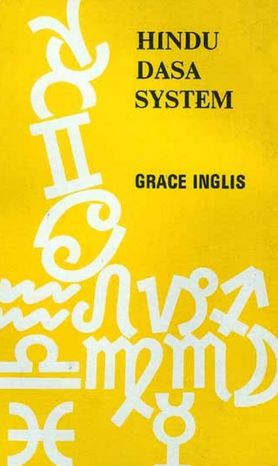
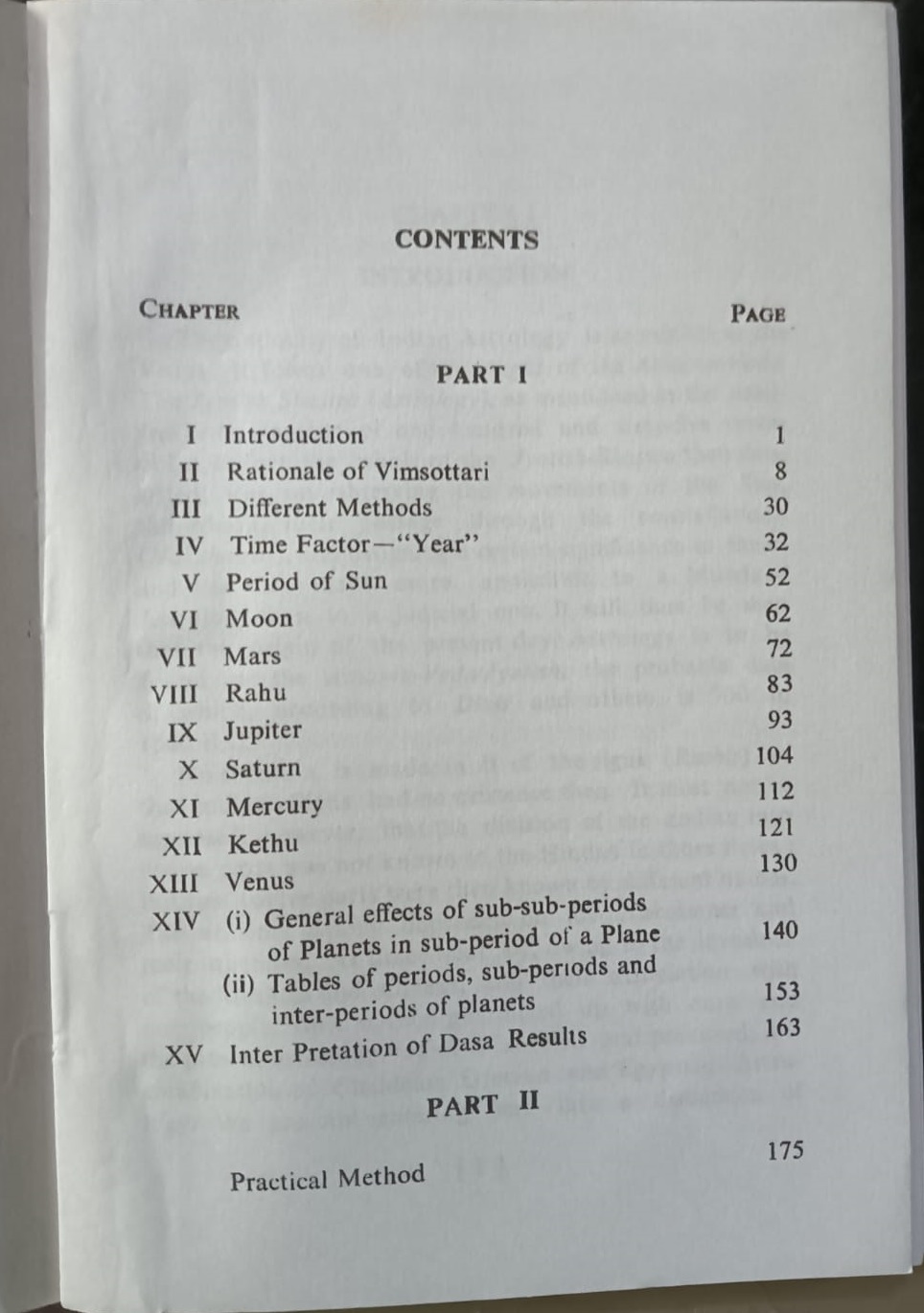
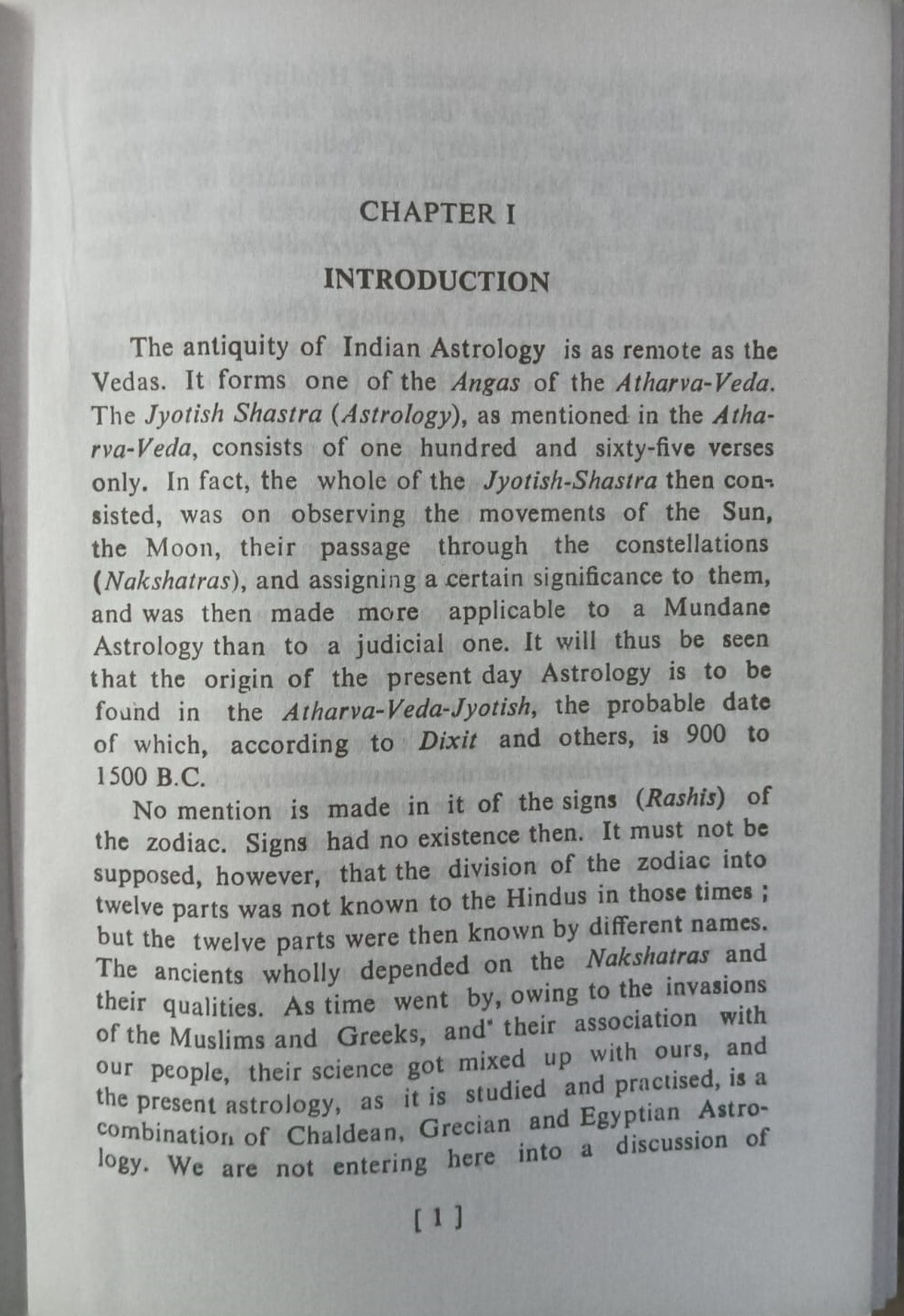
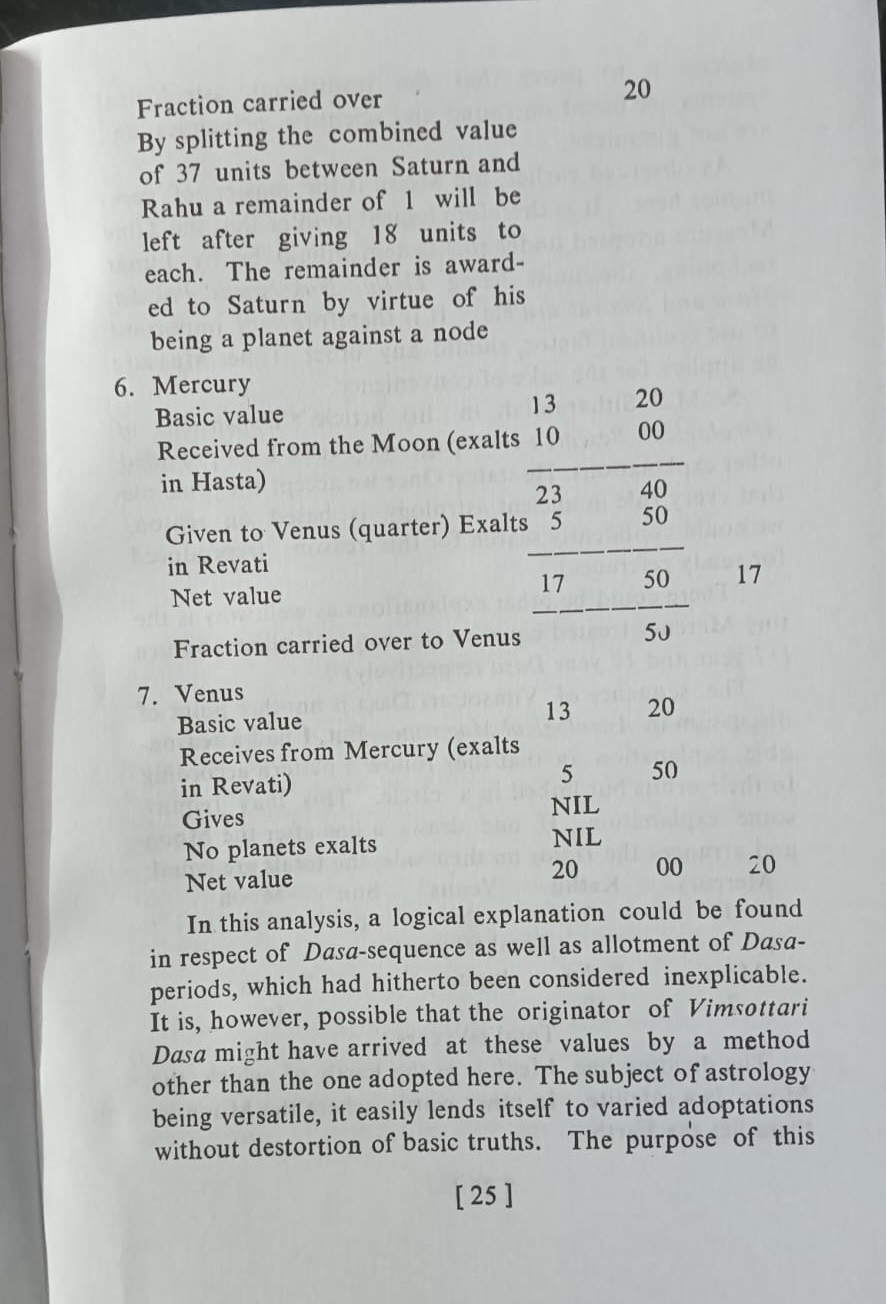
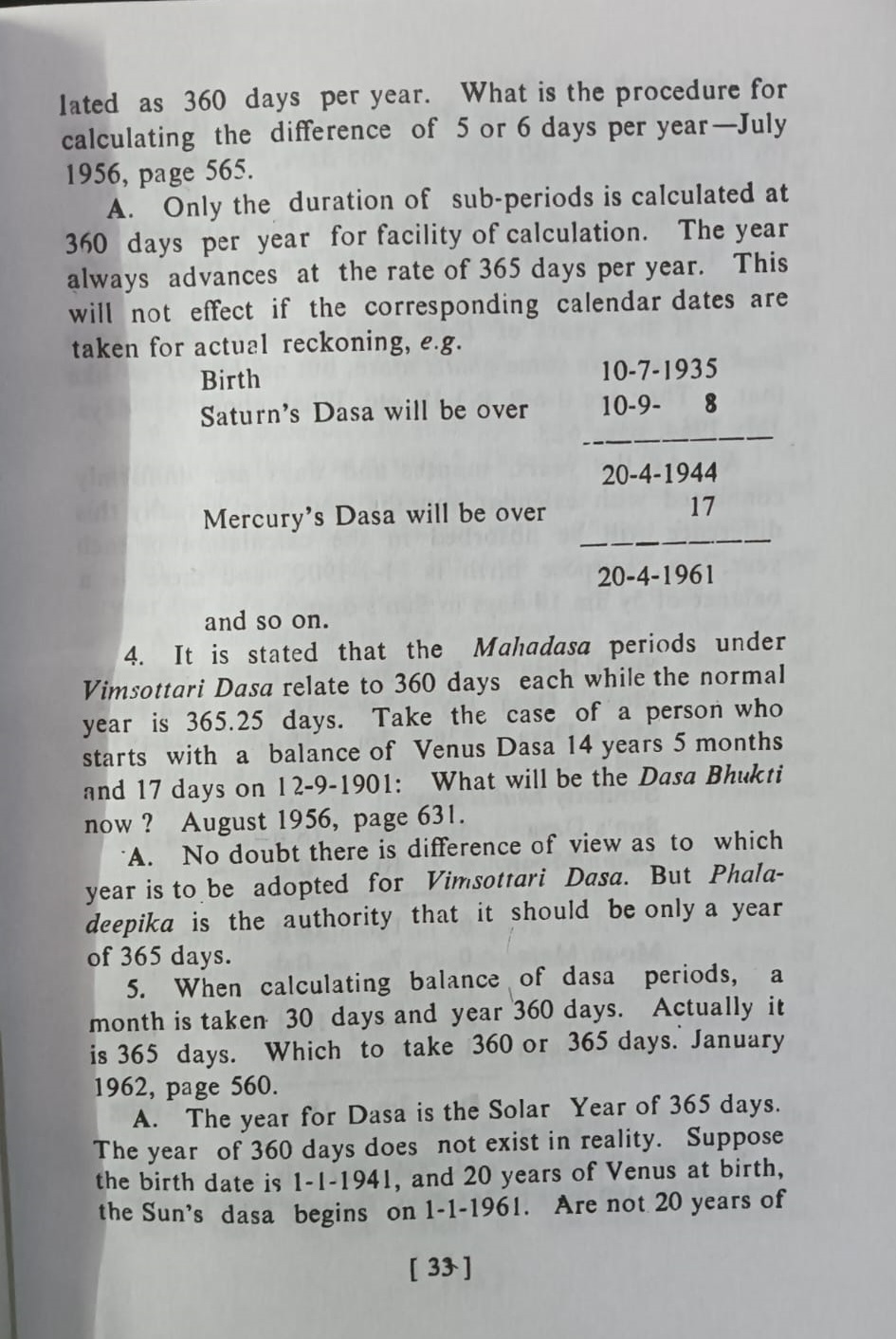
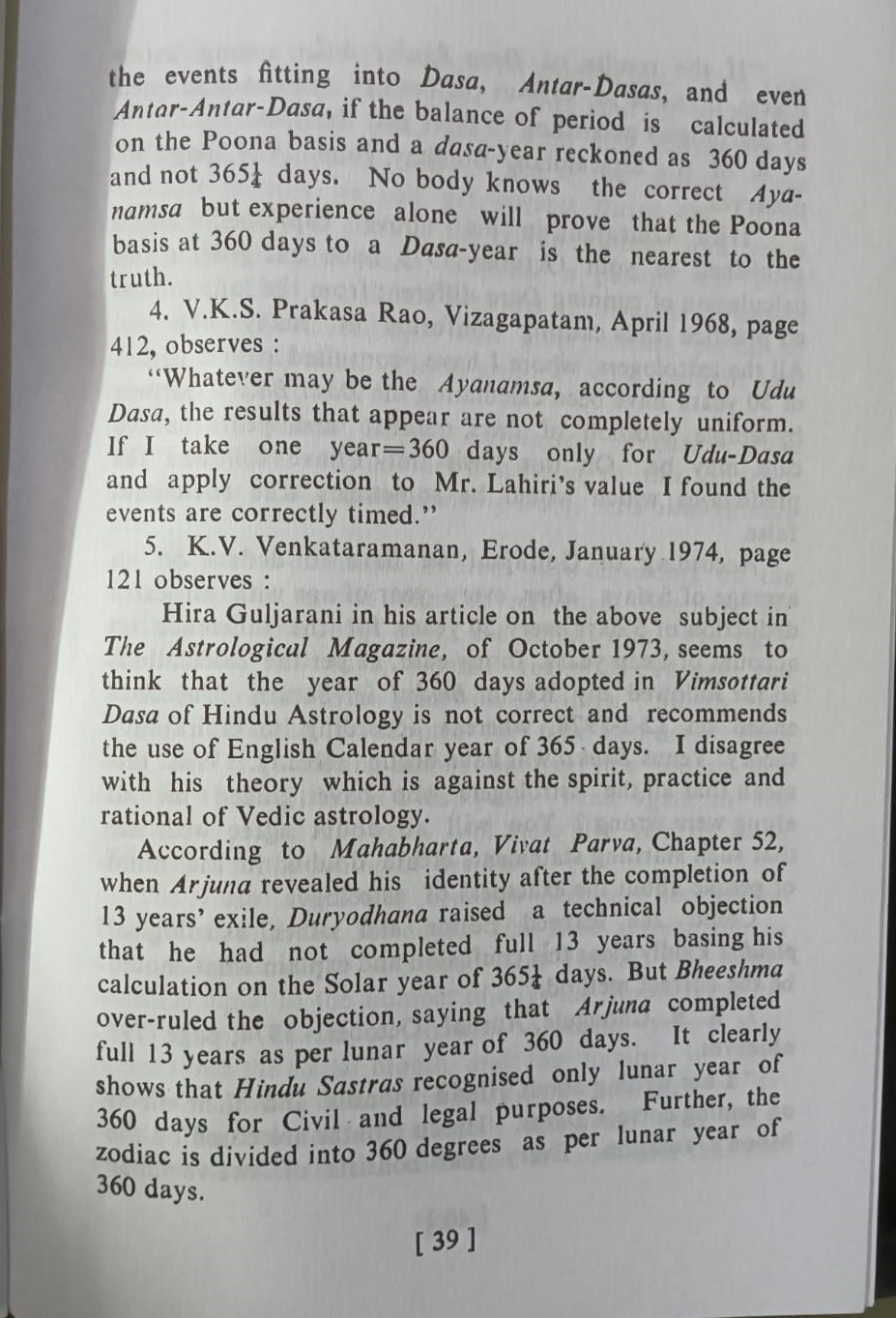
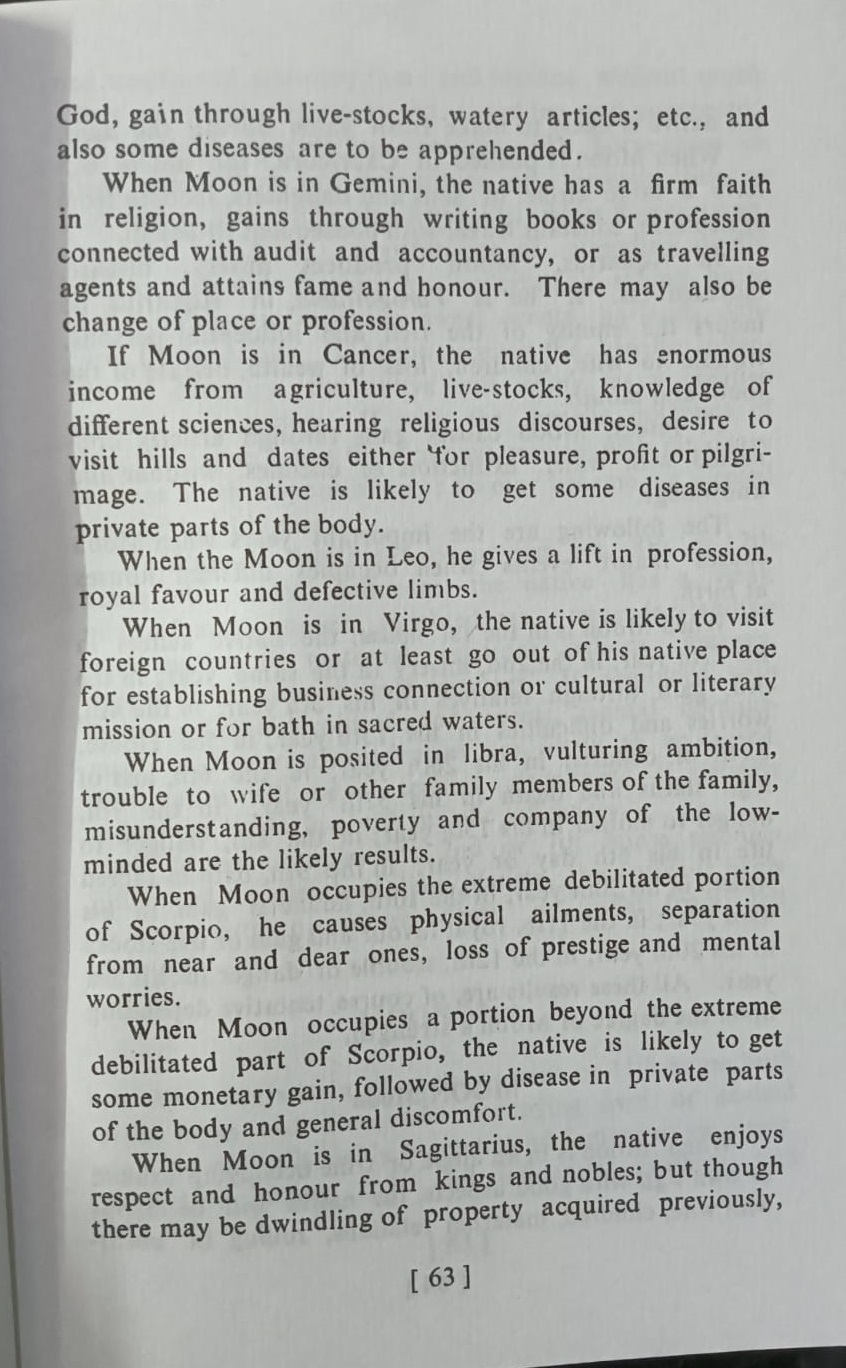
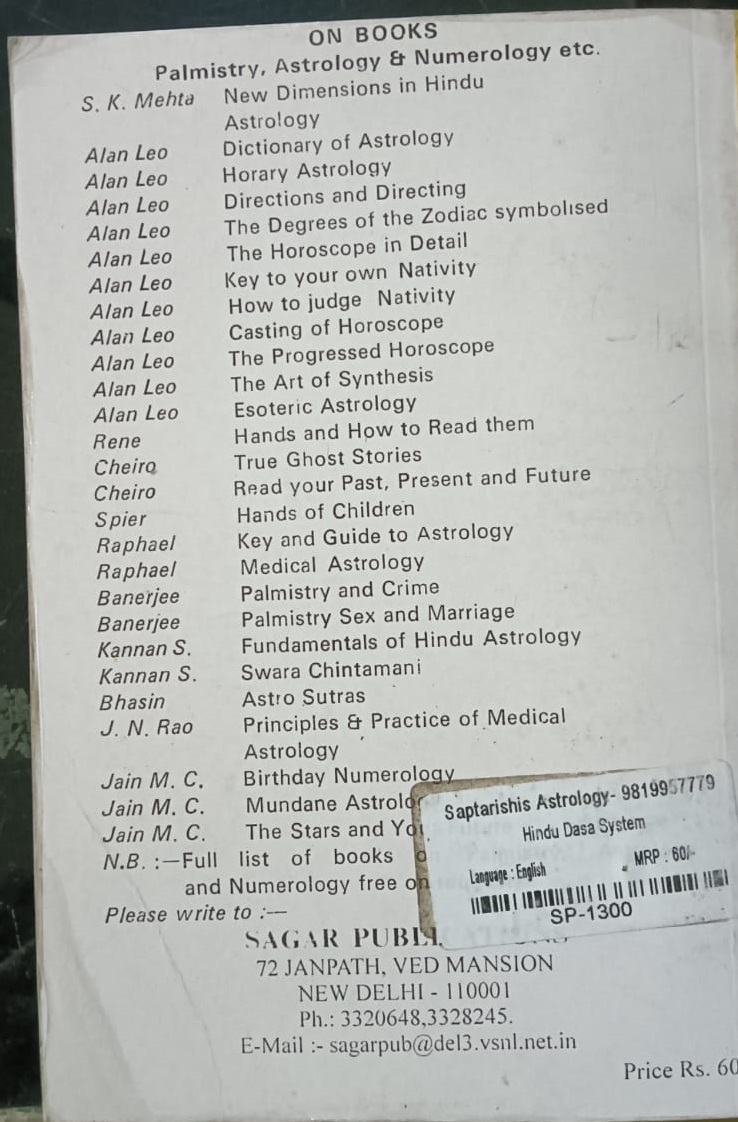
![Hindu Dasa System [SP] 1 Hindu Dasa System](https://saptarishisshop.com/wp-content/uploads/2023/11/Hindu-Dasa-System-278x300.jpg)
![Hindu Dasa System [SP] 2 Hindu Dasa System1](https://saptarishisshop.com/wp-content/uploads/2023/11/Hindu-Dasa-System1-300x300.jpg)
![Hindu Dasa System [SP] 3 Hindu Dasa System2](https://saptarishisshop.com/wp-content/uploads/2023/11/Hindu-Dasa-System2-300x300.jpg)
![Hindu Dasa System [SP] 4 Hindu Dasa System3](https://saptarishisshop.com/wp-content/uploads/2023/11/Hindu-Dasa-System3-300x300.jpg)
![Hindu Dasa System [SP] 5 Hindu Dasa System4](https://saptarishisshop.com/wp-content/uploads/2023/11/Hindu-Dasa-System4-300x300.jpg)
![Hindu Dasa System [SP] 6 Hindu Dasa System5](https://saptarishisshop.com/wp-content/uploads/2023/11/Hindu-Dasa-System5-300x300.jpg)
![Hindu Dasa System [SP] 7 Hindu Dasa System6](https://saptarishisshop.com/wp-content/uploads/2023/11/Hindu-Dasa-System6-300x300.jpg)
![Hindu Dasa System [SP] 8 Hindu Dasa System7](https://saptarishisshop.com/wp-content/uploads/2023/11/Hindu-Dasa-System7-300x300.jpg)



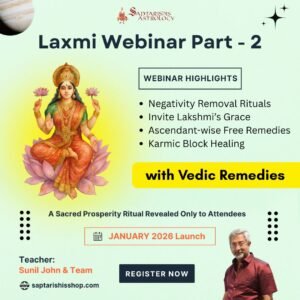
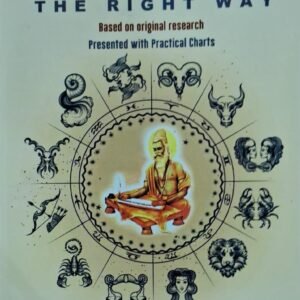
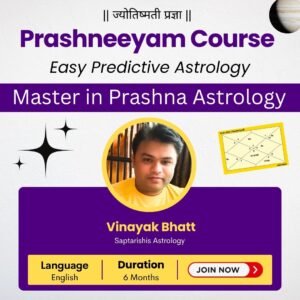







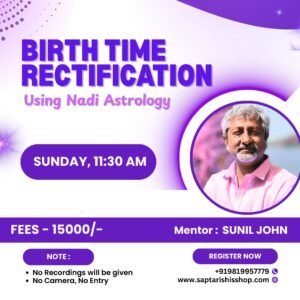


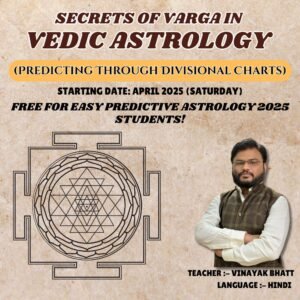
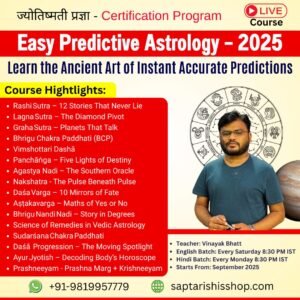
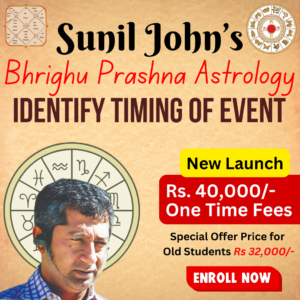
![Profession Astrology: Application of Astro-Parameters on 146 Real Life Call Centre (B.P.O.) Professionals [SP] 10 Profession Application of Astro-Parameters on 146 Real Life Call Centre (B.P.O.) Professionals](https://saptarishisshop.com/wp-content/uploads/2023/11/Profession-Application-of-Astro-Parameters-on-146-Real-Life-Call-Centre-B.P.O.-Professionals-100x100.png)
Reviews
There are no reviews yet.